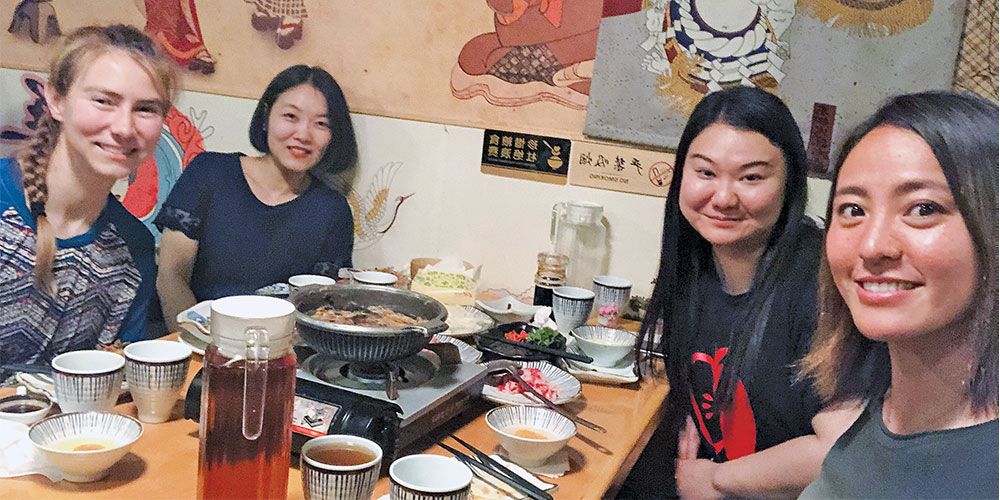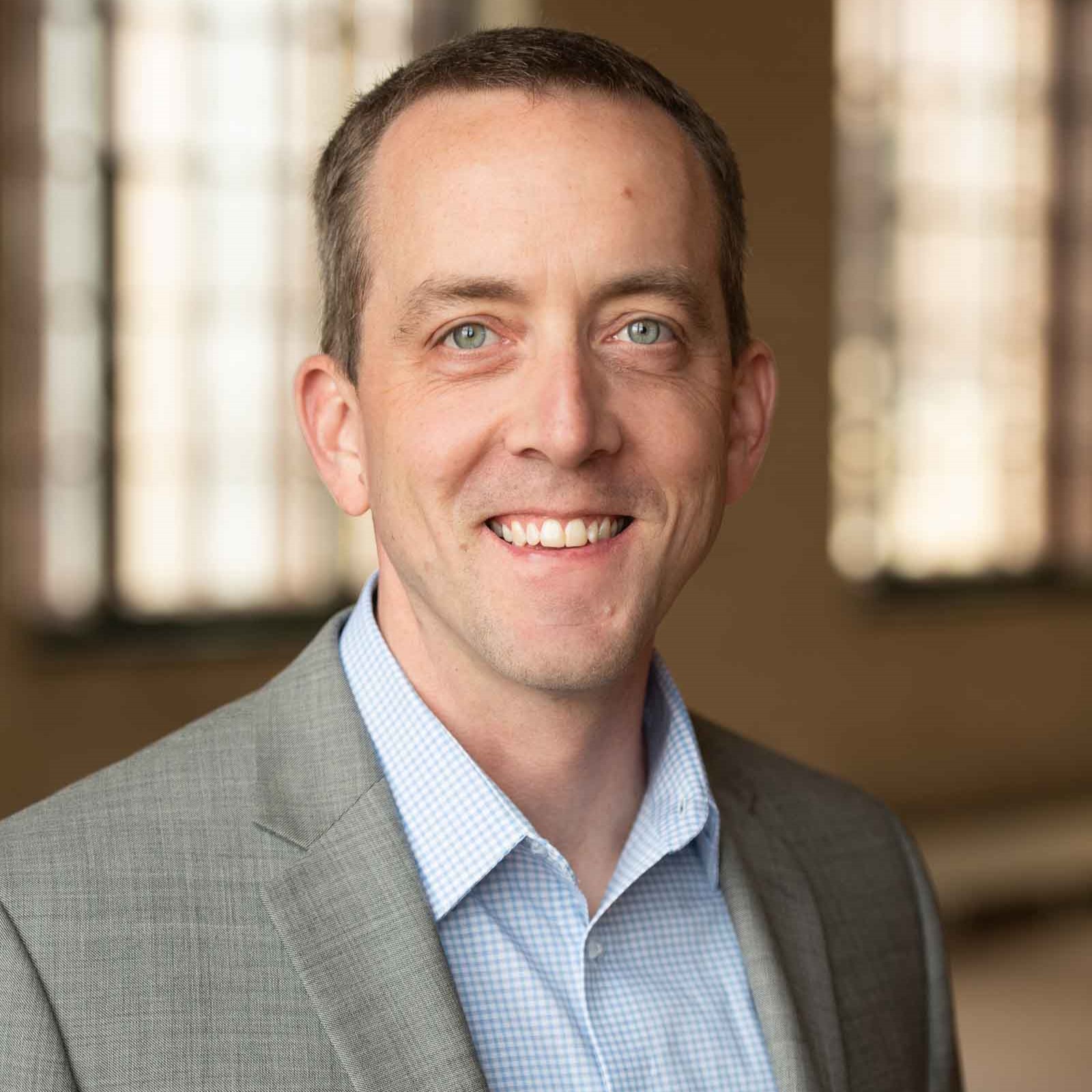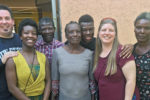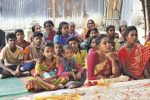 |
A former lay missionary to East Asia shares her perspective on life, community, and identity in Christ.
After teaching in WELS schools for a decade, Cindy Lendt decided to sell her house and move to East Asia where she served as a lay missionary with Friends Network, a WELS-affiliated mission organization that has trained and supported more than 340 lay missionaries since the year 2000. Cindy served overseas for three years and recently transitioned into a new call as a second-grade teacher at St. Paul, Beverly Hills, Fla. Aaron Wakeman, executive director of Friends Network, chatted with Cindy about her life-changing experience and the lessons she learned through serving others.
What led you to leave your stable ministry in the United States to serve in an unknown mission field?
One of my first ministry experiences was alongside the people at Immanuel Hmong in St. Paul, Minn. I had the opportunity to meet people who were new to Christianity and genuinely appreciated the gospel. That experience stuck with me, and I often thought about doing some sort of evangelism ministry. When I heard about the mission work being done through Friends Network, I prayed and deliberated—a lot. In the end I thought, God has gotten me this far, he can take care of the rest! So I headed to East Asia.
Your ministry in East Asia involved a lot of gatherings and Bible studies. Can you describe those?
My roommate and I had people in our apartment every Tuesday night. We would cook a meal for them and then follow that with a Bible study. At the end of each Bible study, we partnered up and prayed together, usually pairing a mature Christian with someone who was newer. These Christians were incredible at praying. They talked to their respected and loving Father without memorized prayers—it was very natural for them.
We had another Bible study every Saturday for people who were not Christians but were curious about learning more. We planted a lot of seeds in that study, and the few Christians who came also grew from those discussions.
How did you meet the people who came to these studies?
Honestly, most of our new people came through the invitations of our friends who were already coming. Some people moved on after coming once, and some stuck with us. I have no idea how many people I met during our three years of hosting Bible studies. When you sow the seeds, you really don’t know how God will bless it. It’s his ministry, and you just play the role he gives you.
Can you share more about your relationships with these new friends?
We worked with a few lifelong Christians, but most of the Christians in our core group were 20-somethings who had been baptized as young adults and were wrestling with how to live as God’s children. We just did life with them. I guess that’s the best way to describe it.
So much of Christian discipleship happens through normal life events, doesn’t it?
Right. Friends get to see what your life is like when you are struggling, how you prioritize things, and how you try to align your decisions with God’s will. My teammate and I weren’t perfect. Sometimes life got a little messy, but it was honest. Our friends learned they could trust us, so they’d let us share in their life struggles. Then we got to encourage them with God’s grace and promises. Sometimes when you serve people, you don’t even realize how much it means to them until you leave and they share how much you impacted their lives.
Much of your experience was during the COVID lockdowns. For several months you didn’t even get to leave your apartment complex. Can you describe that experience?
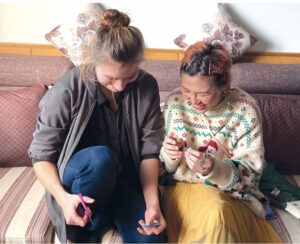
We didn’t know when the lockdowns would end so we were conserving food. Thankfully my teammate Linden and I were very healthy. But it was frustrating not being able to serve people face-to-face.
I want to say this too: I went to East Asia to share the gospel with people, which was the obvious reason to go, but I imagine that God also had plans to change me. That was hard. Before East Asia, I was too focused on impressing people. I wanted people’s approval more than God’s, and I did not even realize it. So God gave me the chance to be a foreigner—a nobody—in a complex culture where I was not impressing anyone. And when I was completely alone in my little concrete apartment, I found out that God was still with me. This has always been true, of course, but I finally knew it. He wanted to be with me and he was pleased with me, because there’s no one more impressive than Jesus, and when he looks at me, he sees Jesus.
I’m back in the US now, and I’m doing many of the same school and ministry activities I was doing before I went abroad, but I don’t need that approval from others anymore. I appreciate it, but I don’t need it. As long as I have God, I’m good. Some things you can learn vicariously, and some things you just have to experience. I just hope that God was working through me as much as he was working on me.
You’re touching on a sentiment that many of our missionary alumni share: that God grew them even more than the people they were serving. They have a deeper awareness of God’s work in their own lives.
I wouldn’t give that up for anything. I was so blessed, and I have a lot of joy I never had before. I cried a lot too, but that was all part of God’s process. God really did change what I was able to see. And it makes a huge difference in the ministry I have now.
How has your ministry outlook changed?
I really did have a lot of fear of failure before I went. Now I have a way to fight that. I’m quite a bit bolder now in all areas of my life. I am more than a conqueror in Christ.
I learned a lot about the church too. The US culture is very individualistic, and we can’t fully understand how that shapes us. Living in a community-focused culture made me understand the kingdom of God better. When you’re a foreigner living in a country, you need a lot of help from other people. My brothers and sisters in East Asia served me so graciously, and we had a bond because we knew Jesus loved us—no other reason. It was Revelation 7:9, and I wish more people could experience that in this lifetime.
Would you like to share any new words or phrases with us?
Many times, I heard Christians use the phrase gan xie zhu, which means “give thanks to the Lord.” Even when you complimented children, their Christian parents would remind them to say this and give credit where it was due. It was such a cool way for these Christians to express their thankfulness and humility in all circumstances. We learned a lot from them in the way they processed life and faith. I give thanks for them.
Is God calling you to be a missionary? Friends Network is seeking candidates to serve in several Asian countries. Learn more at friendsnet.org/overseas.
Author: Aaron Wakeman
Volume 110, Number 12
Issue: December 2023
- My Christian life: A pastor with brain cancer finds true strength
- My Christian life: I have depression, but Jesus has me
- My Christian life: An unexpected call to ministry later in life
- My Christian life: Breaking barriers in Milwaukee and beyond
- My Christian life: Perspectives from a lay missionary
- My Christian life: One serviceman’s faith journey
- My Christian life: Navajo shepherdess finds joy in Jesus
- My Christian life: One woman’s gratitude for being excommunicated
- My Christian life: Making music as a family
- My Christian life: Engaging the church’s youth
- My Christian life: Leading as a Christian in the business world
- My Christian life: Fulfilling physical and spiritual needs
- My Christian life: Raising a child with special needs
- My Christian life: Premature twins defy medical odds
- My Christian life: College student recovers after rare diagnosis
- My Christian life: The reality of being a Vietnam veteran
- My Christian life: When vocation and ministry collide
- My Christian life: From Air Force sergeant to staff minister
- My Christian life: Faith provides firm foundation after cancer diagnosis
- My Christian life: From prospect to pastor
- My Christian life: The unique path of embryo adoption
- My Christian life: Turning tragedy into blessing
- My Christian life: A Malawian Christian committed to serving others
- My Christian life: Pen pal shares faith with prisoners
- My Christian life: Born deaf to a hearing family
- My Christian life: A single mother finds a new beginning
- My Christian life: Finding real Christmas joy while in the hospital
- My Christian life: Holding up the prophets’ hands
- My Christian life: One man’s battle with anxiety
- My Christian life: Heart transplant inspires a life of service
- My Christian life: Finding true peace through Psalm 23
- My Christian life: An incredible harp-playing journey
- My Christian life: Highlighting the Scriptures through art
- My Christian life: Serving in retirement as a vacancy pastor
- My Christian life: A man of truth
- My Christian life: The sign maker
- My Christian life: Once a detective, now a pastor
- My Christian life: A Ukrainian mother chooses life
- My Christian life: Teen faces difficult medical diagnosis
- My Christian life: Music as a companion on life’s journey
- My Christian life: WELS nurse lives out faith through her vocation
- My Christian life: A teacher retires full of memories
- My Christian life: On the front lines of a pandemic
- My Christian life: Dealing with mental illness
- My Christian life: Camp BASIC
- My Christian life: Battling cancer as a teenager
- My Christian life: Spencer Beach
- My Christian life: Mission opportunities in South Asia
- My Christian life: Haiti adoptions

